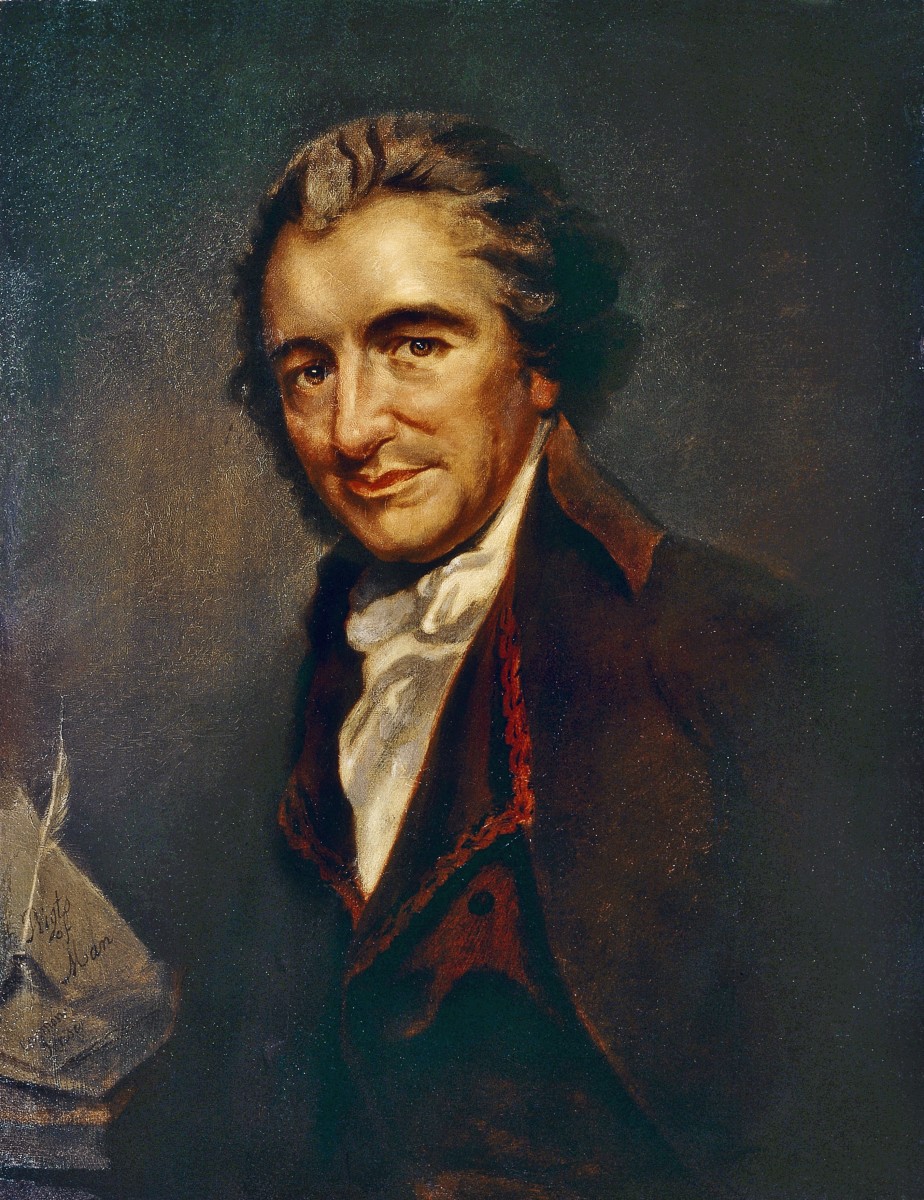“Government, even in its best state, is but a necessary evil; in its worst state, an intolerable one.” Thomas Paine
Thomas Paine (1737-1809) was an English-born American political activist, philosopher, political theorist and revolutionary. One of the Founding Fathers of the United States, he authored the two most influential pamphlets at the start of the American Revolution and inspired the patriots in 1776 to declare independence from Britain. (Wikipedia)
“To argue with a man who has renounced the use and authority of reason, and whose philosophy consists in holding humanity in contempt, is like administering medicine to the dead, or endeavoring to convert an atheist by scripture.”
Paine came to the American Colonies in 1774 at the urging of Ben Franklin, and fell in with the riff-raff who wanted to throw off the shackles of the English monarchy. He reveled in being a rebel, and wrote Common Sense, heralded as the anthem of the revolutionary spirit in fledgling America. John Adams said, “Without the pen of the author of Common Sense, the sword of Washington would have been raised in vain”.
He went to France during the 1790s and helped foster the French Revolution by writing Rights of Man. He was vehemently critical of the status quo enjoyed by the authoritarian regimes of Europe, and put fear in the hearts of England’s ruling class. He was tried and convicted in absentia of seditious libel by the government of William Pitt, who was worried that the French Revolution might cross the channel and upset things a wee bit. So, he stayed in France and was elected to their National Convention, despite not being able to speak French. But his advocacy for overthrowing oppressive governments led to his being arrested and imprisoned in Paris, where he wrote The Age of Reason.
When he was released, he came back to America. Though this was the “Age of Enlightenment”, it was the time of paranoia for Thomas Paine. He mistakenly blamed George Washington for complicity in his arrest in France, and went on a smear campaign to destroy Washington’s reputation. He further alienated himself by being critical of Christianity, and organized religion as a whole.
By the time he died at age 72 in Greenwich Village, New York City, he had fallen out of favor for tilting at a few too many windmills. Only six mourners attended his funeral. Many American newspapers carrying his obituary used the quote, “He had lived long, did some good, and much harm”. Finding a cemetery that would accept his body was difficult, and he was buried on his farm. Later, an Englishman who was sympathetic to Paine’s radical views dug up his remains with the intent of returning them to a heroic burial in his homeland. Things fell apart and his remains became scattered, only to become the legends of celebrity bone-collectors. His writings live on and he remains heavily quoted. His life may best be summed up by one of his more infamous citations:
“These are the times that try men’s souls.” No doubt that in today’s turbulent waters of political correctness he would be deemed sexist. I wonder what he would write about that…


